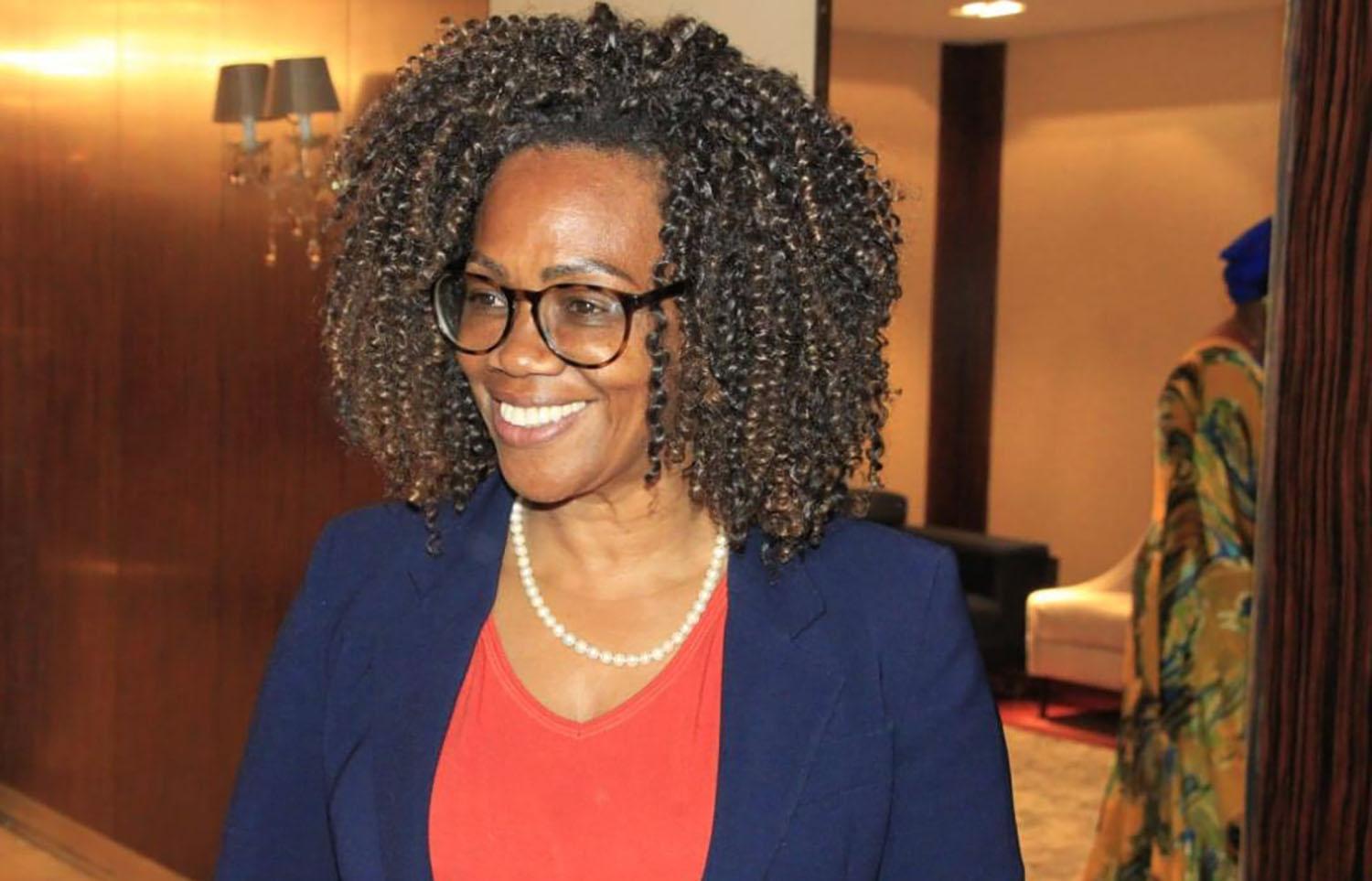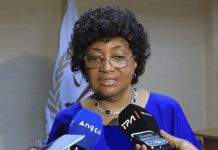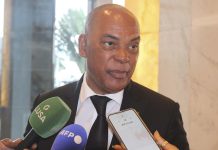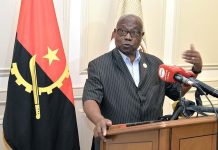Africa-Press – Angola. The former Vice-President of Costa Rica, Epsy Campbell, arrived in Luanda this Tuesday, to participate in the first International Women’s Forum for Peace and Democracy, taking place from the 25th to the 26th of this month.
Speaking to the press, Epsy Campbell said that she brings a great deal of experience to Angola, since she was the first afro-descendant to reach the position of Vice President in Costa Rica and had the possibility of taking important political, economic and social decisions in the country. .
According to the leader, worldwide, women are gaining space and, in Colombia, there is also a Vice-President, but she said that there is still much to be done.
She said she believed that by empowering more women “we would be thinking about the local, the community, the climate change and the challenges of nature, as well as the children who have to have references from committed people”.
“I believe that we, women, are opening doors for these people to have hope and certainty of a better world”, she said.
At the 4 de Fevereiro International Airport, the former Vice-President was welcomed by the Minister of State for the Social Area, Dalva Ringhot.
Epsy Campbell Barr was born in San Francisco de Dos Ríos, a district of the Costa Rican capital, San José, on July 4, 1963.
Graduated in economics, in 2018 she became the first woman and afro-descendant to assume the Vice-Presidency of her country and in Latin America.
The first International Women’s Forum for Peace and Democracy aims to combine efforts to improve the performance of women in all spheres of society.
Taking place under the motto “Technological Innovation as a comprehensive tool for food security and combating drought on the African continent”, the event focuses on women’s struggle for equality, emancipation, continental development for peace and democracy.
The meeting is part of the Luanda Biennale – Pan-African Forum for the Culture of Peace and non-violence, an initiative of the Angolan Government, the United Nations Educational, Scientific and Cultural Organization (UNESCO) and the African Union (AU).
For More News And Analysis About Angola Follow Africa-Press






